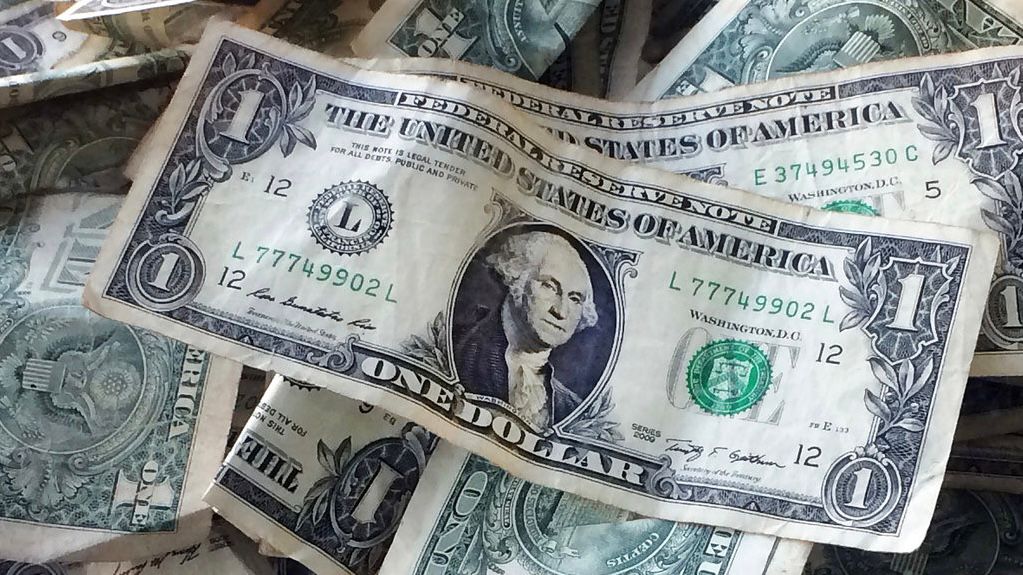Americans are struggling as prices for goods of all kinds remain stubbornly high, according to the Federal Reserve Board’s new Economic Well-Being of U.S. Households in 2023 report.
Released Tuesday, the annual survey found that 65% of adults said their financial situations had been made worse by price changes in 2023 compared with the year prior; 19% said price changes had made their finances “much worse.”
“Despite the moderating price of inflation, higher prices continued to be a top financial concern,” the Fed said in a statement.
Seventy-two percent of adults said they were either doing okay or were financially comfortable — a slight decrease from 73% a year earlier and a 6-point decline compared with 2021
The report comes almost a week after the Bureau of Labor Statistics reported prices rose 3.4% in April compared with the year prior. It was the first time the Consumer Price Index had fallen in 2024.
Still, many Americans are falling behind, with low-income adults being least able to pay their bills in full. Many reported not having enough to eat either sometimes or often and skipping medical care because of how much it cost; 17% said they had not paid all their bills in full the month before taking the survey.
Fourteen percent of adults reported using Buy Now, Pay Later programs in the prior year — a 2% increase compared with 2022. Their top reasons for using Buy Now, Pay Later were wanting to spread out payments (87%) and convenience (82%). More than half of BNPL users said it was the only way they could afford to buy what they did.
The Fed survey found the median monthly rent payment increased 10% from 2022, increasing to $1,100 last year; 19% of survey respondents who are renters said they were late paying rent at least once in the prior year.
Among homeowners, 4% said they did not have homeowners insurance — a percentage that increased to 20% in the South among those with incomes of less than $50,000.
Almost two-thirds of those surveyed (63%) said they would be able to pay for a $400 emergency expense in cash, while 13% said they would not be able to pay it at all. Almost half (48%) said they had money left over after paying their expenses the month before taking the survey — roughly the same as the prior year but below pre-pandemic levels.
The percentage of adults who either asked for a raise (13%) or received one (33%) was the same in 2023 compared with 2022. The Fed attributed the raises to “the continued strength of the labor market.”
Almost 40% of working parents with at least one child under the age of 13 paid for childcare. The median amount they paid monthly was $800.



